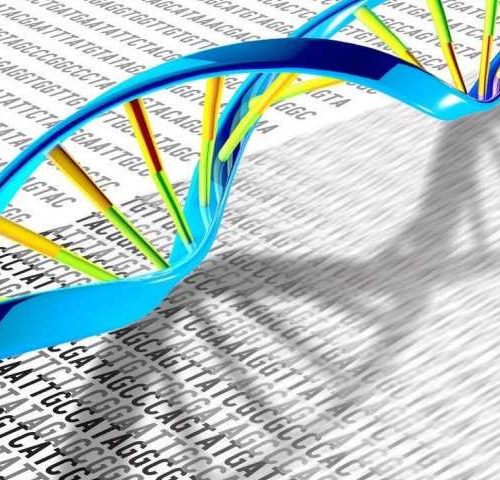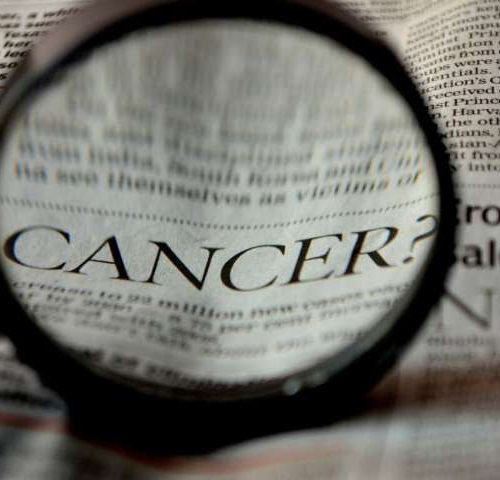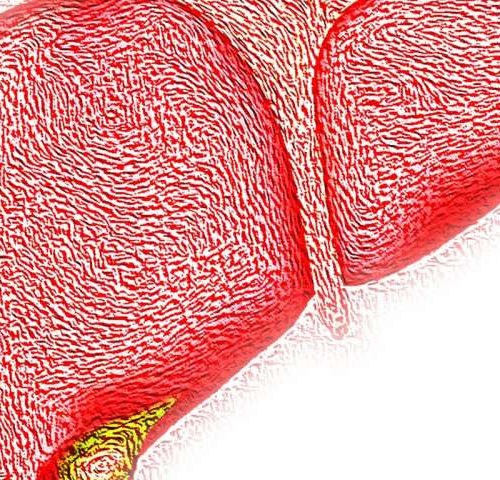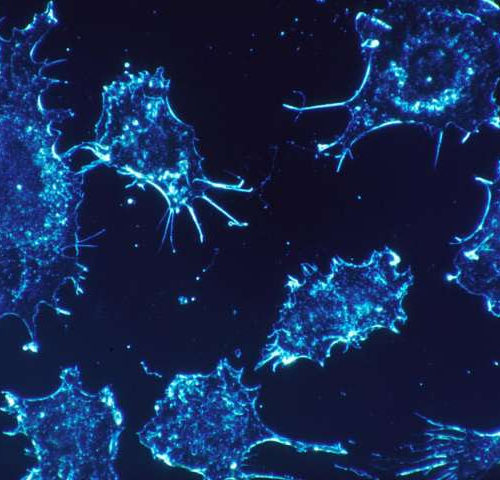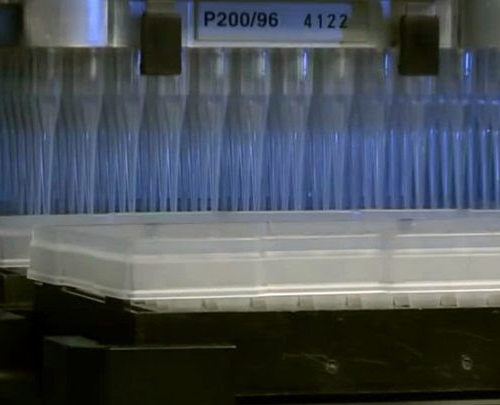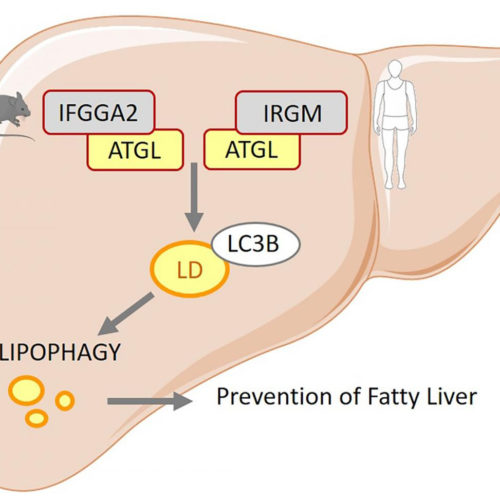by University of Copenhagen Researchers at the University of Copenhagen’s Department of Nutrition, Exercise and Sports have demonstrated that physical activity prompts a clean-up of muscles as the protein ubiquitin tags onto worn-out proteins, causing them to be degraded. This prevents the accumulation of damaged proteins and helps keep muscles healthy. Physical activity benefits health...
Tag: <span>Genetics</span>
Genetic database provides rare disease clues and Parkinson’s hope
by Kate Wighton, Imperial College London Scientists have created the world’s largest publicly available database of genetic variants—changes in DNA that can sometimes lead to disease. The use of this resource, called the Genome Aggregation Database (gnomAD) and including information from over 140,000 people from across the globe, is described in a landmark collection of...
New evidence for a blood-based biomarker for Alzheimer’s disease
by Massachusetts General Hospital A potential blood-based biomarker for Alzheimer’s and other neurodegenerative diseases seems even more promising thanks to new research from a Massachusetts General Hospital-led study. According to this team’s work, neurofilament light chain (NfL) has great potential as a biomarker for early detection of Alzheimer’s disease and could be also useful for...
Gene inactivation of PTEN drives cancer predisposition
by Cleveland Clinic An international team of researchers co-led by Cleveland Clinic have identified why patients without PTEN mutations may still experience the high cancer risk associated with PTEN hamartoma tumor syndrome (PHTS). In a new study published in the New England Journal of Medicine, a research team co-led by Charis Eng, MD, Ph.D., Cleveland...
An imbalance of electrons in the liver may be a common risk factor for disease
by Massachusetts General Hospital Researchers at Massachusetts General Hospital have uncovered an unexpected connection between an imbalance of electrons in liver cells and many metabolic problems that increase the risk for conditions such as cardiovascular disease and fatty liver disease. Their findings, published in the journal Nature, shine a light on the phenomenon known as...
Blocking tumor signals can hinder cancer’s spread
by University of Pennsylvania For most people who die of cancer, the spread of the initial tumor is to blame. “Metastasis is what kills most cancer patients,” says Serge Fuchs, a professor in Penn’s School of Veterinary Medicine. “Yet there are not many, if any, drugs that specifically target metastatic processes.” In a paper in...
Research into new treatments for rare genetic diseases
The University Carlos III Madrid (UC3M), Almirall, S.A. (ALM) and the MEDINA Foundation have launched a project to find new treatments for recessive dystrophic epidermolysis bullosa and other genetic diseases caused by nonsense mutations. The project is partially-funded by the Spanish Ministry of Science and Innovation’s Center for Industrial and Technological Development (CDTI). The TRIDs4DEB’s...
Caveolin binding motif in Na/K-ATPase required for stem cell differentiation in animals
HUNTINGTON, W.Va. – New findings reveal the importance of the Na/K-ATPase protein in stem cell differentiation and organogenesis, in a study led by scientists at Marshall University that involves the scaffolding function of the Na/K-ATPase. The research, published today in Science Advances, indicates that a sequence in the Na/K-ATPase, also known as the sodium pump,...
Additional genetic cause for non-alcoholic fatty liver disease discovered
In Germany about 18 million people suffer from non-alcoholic fatty liver. The causes of this disease are manifold and include environmental as well as genetic factors. DZD researchers have now discovered new genes that play a role in the development of fatty liver. In humans and mice, respectively, the genes IRGM, Ifgga2 and Ifgga4 are...
Scientists identify gene linked to thinness that may help resist weight gain
by Cell Press While others may be dieting and hitting the gym hard to stay in shape, some people stay slim effortlessly no matter what they eat. In a study publishing May 21 in the journal Cell, researchers use a genetic database of more than 47,000 people in Estonia to identify a gene linked to...


